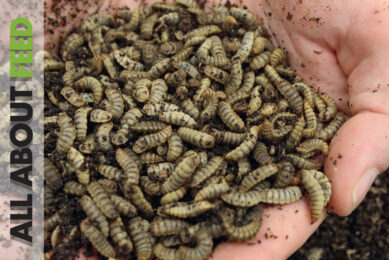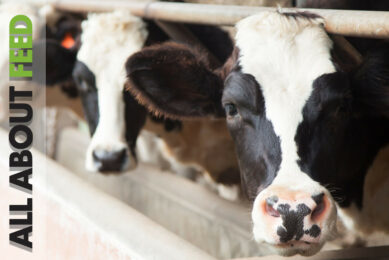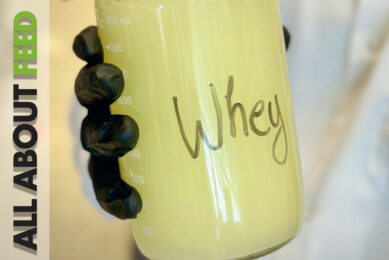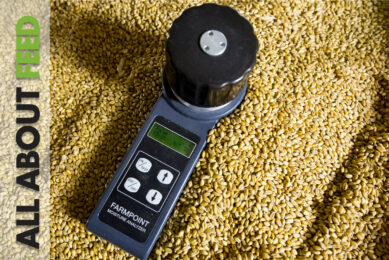Phytogenics in All About Feed 3
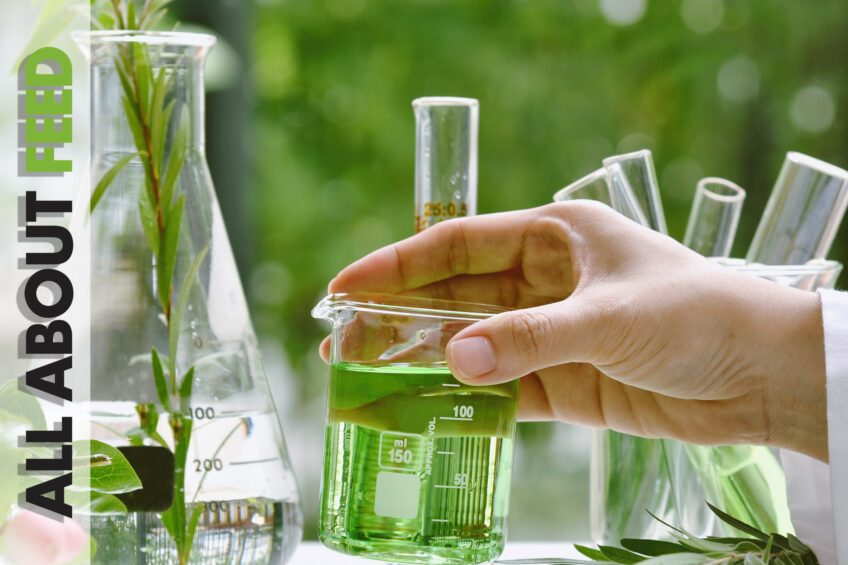
The latest edition of All About Feed is now available online. This editions explores the deforestation dispute in Brazil, considers the threat of deindustrialisation on Europe’s feed industry, and determines the impact of phytogenics on the performance and sustainability of livestock. This and more in this latest edition.
Brazil: Deforestation dispute reaches Supreme Court
The soy moratorium, which is a voluntary, sector-wide agreement established in Brazil in 2006 to prevent deforestation in the Amazon caused by soybean cultivation, has reached Brazil’s highest court amid a dispute between farmers, exporting companies and environmentalists. Major trading companies such as Amaggi, Cargill, and Bunge are amongst the signatories.
Ukraine outlines livestock growth plans amid uncertainty
The Ukrainian government has approved a comprehensive development programme for the livestock sector, aiming to reverse a decade-long decline in meat and milk production and address shortages in key animal products. The goals are ambitious and it remains to be seen whether they are achievable.
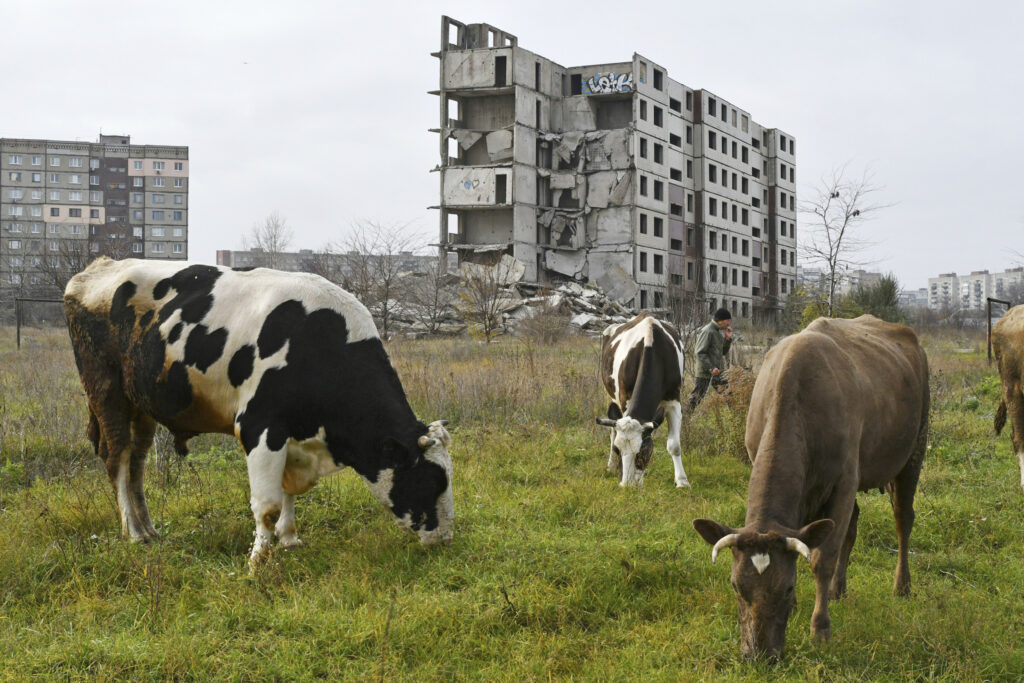
Interview: The value of a good strategy to combat mycotoxins in dairy
Mycotoxins represent a significant and widespread challenge for the livestock sector worldwide. In dairy cows it can have a devastating impact on feed efficiency, reproduction and milk production, and can negatively affect growth. Dr Wade Robey, president of Amlan International, discusses physiological impacts, mitigation and the value of a good strategy.
Deindustrialisation threatens Europe’s feed industry
Some analysts believe that parts of the European feed industry may be affected by the broader deindustrialisation trend facing the EU economy. As a result, some production capacities could be permanently closed, while others may be relocated to countries with lower operational costs and less stringent environmental regulations.
Review: From Mozart to mycotoxins – WMFmeetsSalzburg hit all the right notes
Salzburg, Austria, best known as the birthplace of Mozart, played host to the 15th World Mycotoxin Forum from 7-9 April. More than 400 scientists, industry experts and policymakers from around the globe gathered to share insights and discuss the latest research, innovations and regulatory developments surrounding mycotoxins.
3 dairy diets compared for maximum rumen function and production
Researchers compared 3 dairy cow diets – grass, grass-clover and cows fed a total mixed ration indoors – to determine their impact on milk production, milk yield and milk solids yield.
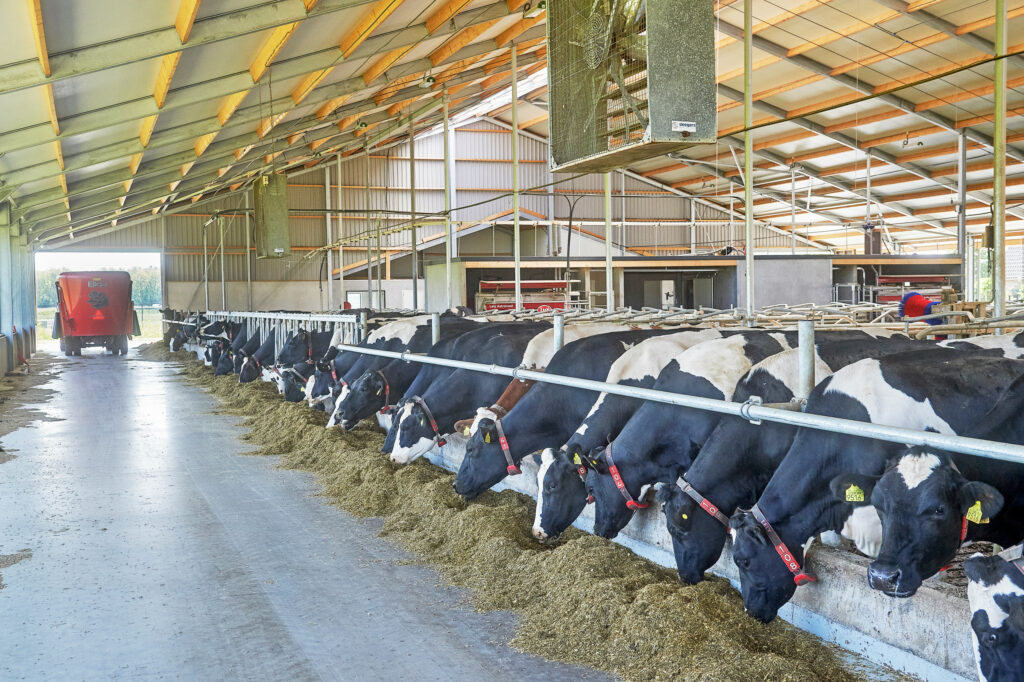
Benefits of using grape seed extract in poultry diets
Grape seeds are by-products of processed grape products such as grape juice, grape molasses and wine production. The seeds, when milled and processed into an extract, can be used in poultry diets to perform a variety of biological functions in both broilers and layers.
Phytogenics improve livestock performance and sustainability
Phytogenics are natural compounds with beneficial properties such as antimicrobial, antioxidant, anti-inflammatory, and immunomodulatory activities. Phytogenics can also improve growth, reproduction performance and health status, and reduce methane and ammonia emissions. What is the impact of phytogenics on the performance and sustainability of livestock?
Understanding nutrient interactions
Understanding nutrient interactions in poultry feed helps to determine the requirements for a specific nutritional element and the effects of their source and level on the utilisation of other dietary elements. This should be considered when formulating diets.
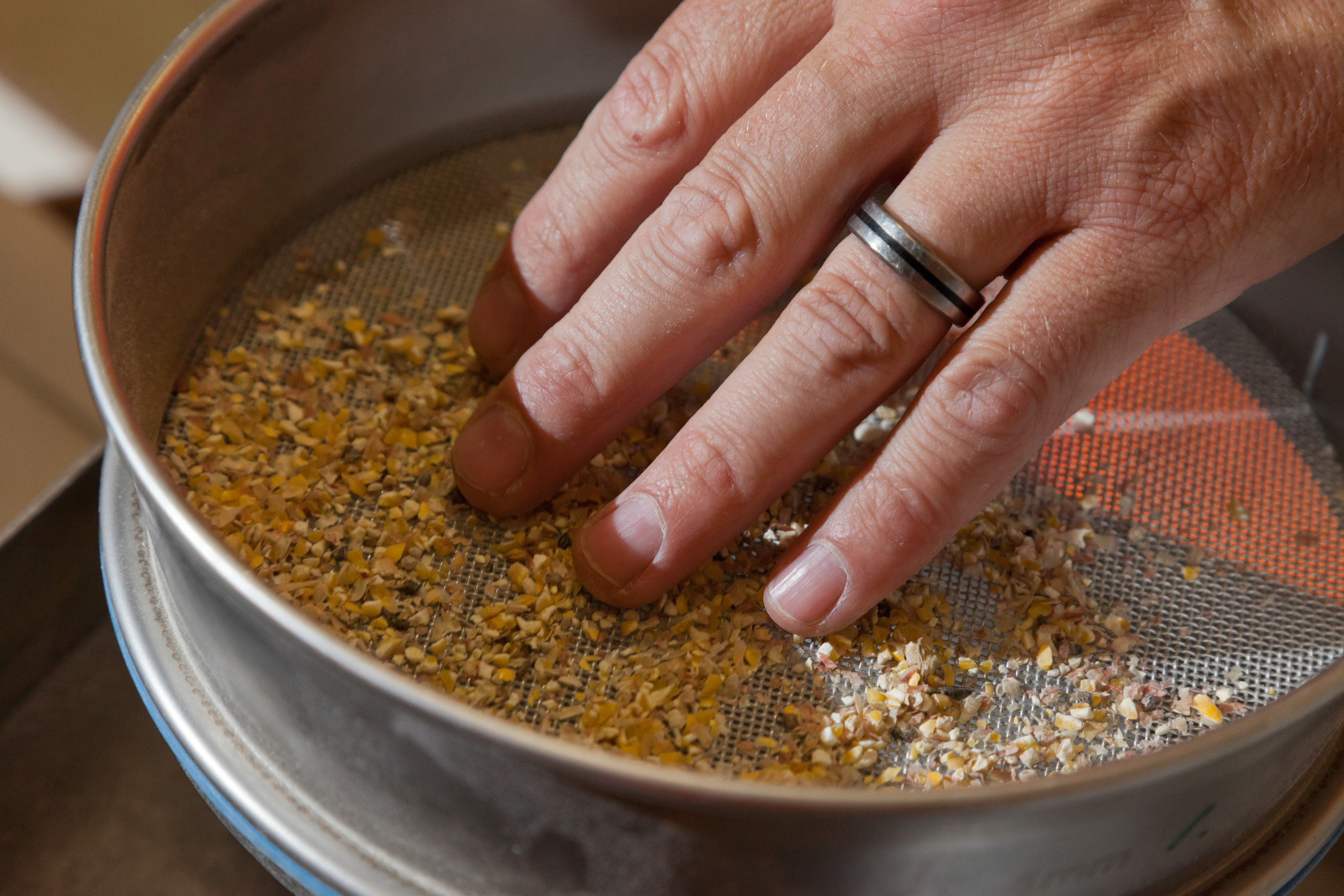
The impact of dietary nutrients on diarrhoea in weaners
What is the impact of protein, fibre and fatty acids on diarrhoea in weaners? It is essential to provide a proper level of each dietary compound to promote a healthy bacterial community and prevent post-weaning diarrhoea in piglets.
High-protein DDG in pig feed boosts energy and digestibility
Brazilian researchers set out to determine the values of the net, digestible and metabolisable energy and digestibility of high-protein distiller’s dried grains (DDG) produced in Brazil. The team also evaluated the effects on the nitrogen balance and blood parameters of pigs.




